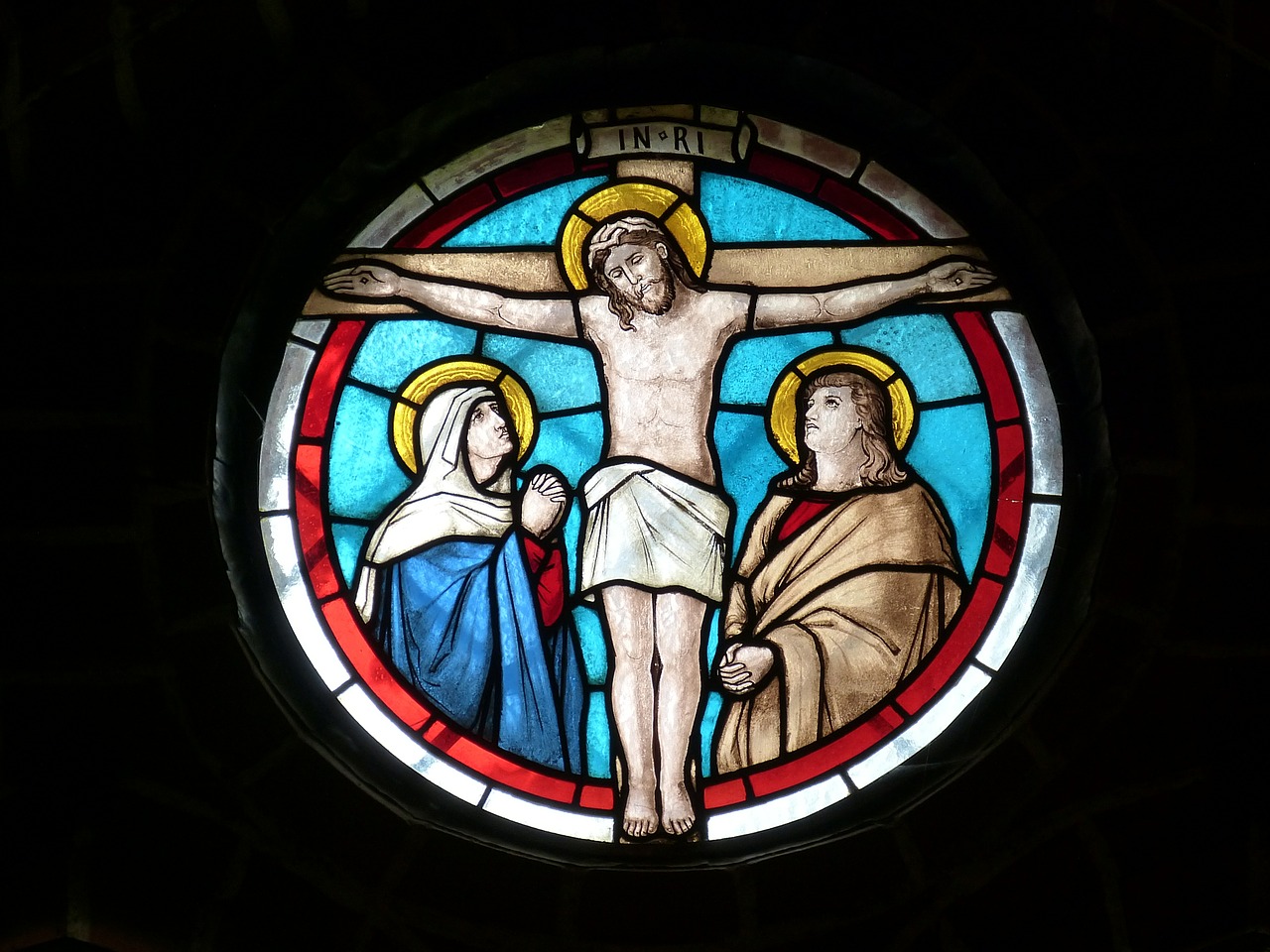Written by Michael Huling
Suffering (noun): the state of undergoing pain, distress, or hardship.
This is a very peculiar Easter, to say the least. The traditional Easter egg hunts in parks where kids run around desperately searching for candy-filled plastic eggs are seemingly nowhere to be found. The churches typically full of joyous people and uplifting music are empty and quiet. Instead, most of us are secluded in our homes, wondering when life will get back to normal.
It’s tempting to try to predict when that time will come. Everyone seems to be clamoring for some set date when normalcy will return, and those in politics, the media, and business are desperate to offer that time of certainty. But the truth is that no one does know, yet.
It’s nearly impossible to fight off the impatience growing within us. Not knowing when we can return to work or school, or when we can finally hangout with friends and go out to eat again—it’s taking a toll.
The latest COVID-19 numbers show the United States passing Italy in terms of total deaths; a disconcerting realization given how severe the outbreak in Italy has been. Almost every day features more confirmed cases and deaths than the last, and it’s unclear when that trend will be reversed. All of this adds to the feeling of remorse that accompanies this particular Easter Sunday.
Anyone could be forgiven for questioning their faith and the existence of an almighty God during these times. In fact, it’s hard not to. One of the age-old questions that religious people—and Christians especially—have struggled to answer is if there’s a God, then why all of the evil and suffering? Numerous theologians have offered thoughtful explanations, yet the question persists and becomes exceedingly pressing during times of crisis.
The comfort and hope that our faith is supposed to offer can be difficult to find these days. We’re not entirely sure how or why this is all happening, or when it’s going to end. All of these concerns are warranted, but I think they miss the point in a way.
We need to specify what “this” is, exactly. On the surface, the answer seems obvious. “This” is the bloody coronavirus pandemic that is destroying not just individuals and families, but entire countries. All of the suffering being endured with no end in sight is what “this” horrible, wretched thing is.
The reason I think this misses the point is that it focuses too much on the proximate cause and not enough on the consequence, which is where the concern actually stems from. We aren’t really angry at the SARS-CoV-2 virus so much as we’re horrified by the damage it’s causing. Let’s say humans were immune to the virus, and thus it brought no pain or death to our species. We would presumably have no more angst over the virus than we do over benign tumors. I use this analogy intentionally because benign tumors can still pose a serious health risk, as can a virus that we’re ostensibly immune to. The concern lies not with the virus or tumor, but with the potentially devastating effects.
The sense that pain and suffering will disappear when the pandemic is over is a delusion. All of the daily catastrophes from heart disease and cancer to poverty and suicide will still be present. Whether we like it or not, we’re not getting away from suffering anytime soon. Likewise, the notion that Christianity offers us impenetrable protection from suffering misses the point of Christianity—and by proxy, the crucifixion of Christ.
Writing about the comfort that many look for in Christianity, C.S. Lewis said, “Of course, I quite agree that the Christian religion is, in the long run, a thing of unspeakable comfort. But it does not begin in comfort.”
What Lewis goes on to say has stuck with me since the moment I first read it: “In religion, as in war and everything else, comfort is the one thing you cannot get by looking for it. If you look for truth, you may find comfort in the end: if you look for comfort you will not get either comfort or truth—only soft soap and wishful thinking to begin with and, in the end, despair.”
This gets to why I wanted to tie in the current pandemic to Easter, and not just because of the incidental timing of the virus. During my Good Friday virtual church service—courtesy of The Church at Rancho Bernardo—my eyes watered up as I thought about the pain Christ endured on the cross. I’m emotional writing about it at this moment. I think it affects me so much because I believe that the story, as explained and documented by several witnesses, is true.
That truth brings agony before it brings hope or comfort. The Son of God being nailed to a cross and calling out to the Father in Heaven is an image I can’t shake. For some, the supposed Savior of Man being tied to a cross and dying a human death is the ultimate dismissal of His divinity. For me, it’s the ultimate confirmation.
He didn’t have to suffer in such grotesque fashion—or at all. He chose to. He took up His cross not so we could be free of pain, suffering, and other forms of adversity, but so we could overcome them. I do think that Christianity brings immense comfort, but only if it’s true. It is truth that enables us to withstand suffering and retain hope when we have every reason not to.
To paraphrase John Lennox, faith is not a leap into the dark, but a step into the light. It is not the evasion of all trials but the invitation to succeed in them. When Christ asks us to take up our cross and follow Him, He’s not offering a way around suffering, but a way through it.
We all have our daily battles and inner demons. When this pandemic is over, our day-to-day problems will still be there waiting for us. For some, it’s trying to make it another day without relapsing into some form of addiction. For others, it’s being the best parent or most reliable friend you can be. Our struggles may be ours to overcome, but that doesn’t mean we need to do it alone. Christ made the ultimate sacrifice so that we don’t have to.
It’s comfort in the truth of that sacrifice that has kept me faithful during this time. Religion is strange in that it’s both a deeply personal and communal phenomenon. The pastors of The Church at Rancho Bernardo have a cool saying they keep coming back to during virtual services: socially distant but spiritually connected. For whatever cosmic or divine reason, this period of calamity has brought me closer to God, rather than pushing me away from Him.
It’s easy to lament on the state of the world and all of the suffering around us. It was easy to do that even before the pandemic. But there is little to be gained from what is easy and requires no resilience or bravery. What’s difficult right now is staying positive and committed to the good in life—to be grateful. Shortly before dying of cancer in January, Roger Scruton wrote, “Coming close to death you begin to know what life means, and what it means is gratitude.”
I don’t know when this pandemic will end or what the world will look like once it does. But I do know that being grateful for what we have and being there for one another is vitally important, perhaps now more than ever.
“But the angel answered and said to the women, ‘Do not be afraid, for I know that you seek Jesus who was crucified. He is not here; for He is risen, as He said. Come, see the place where the Lord lay. And go quickly and tell His disciples that He is risen from the dead, and indeed He is going before you into Galilee; there you will see Him. Behold, I have told you.'”
Matthew 28:5-7
Happy Easter.




